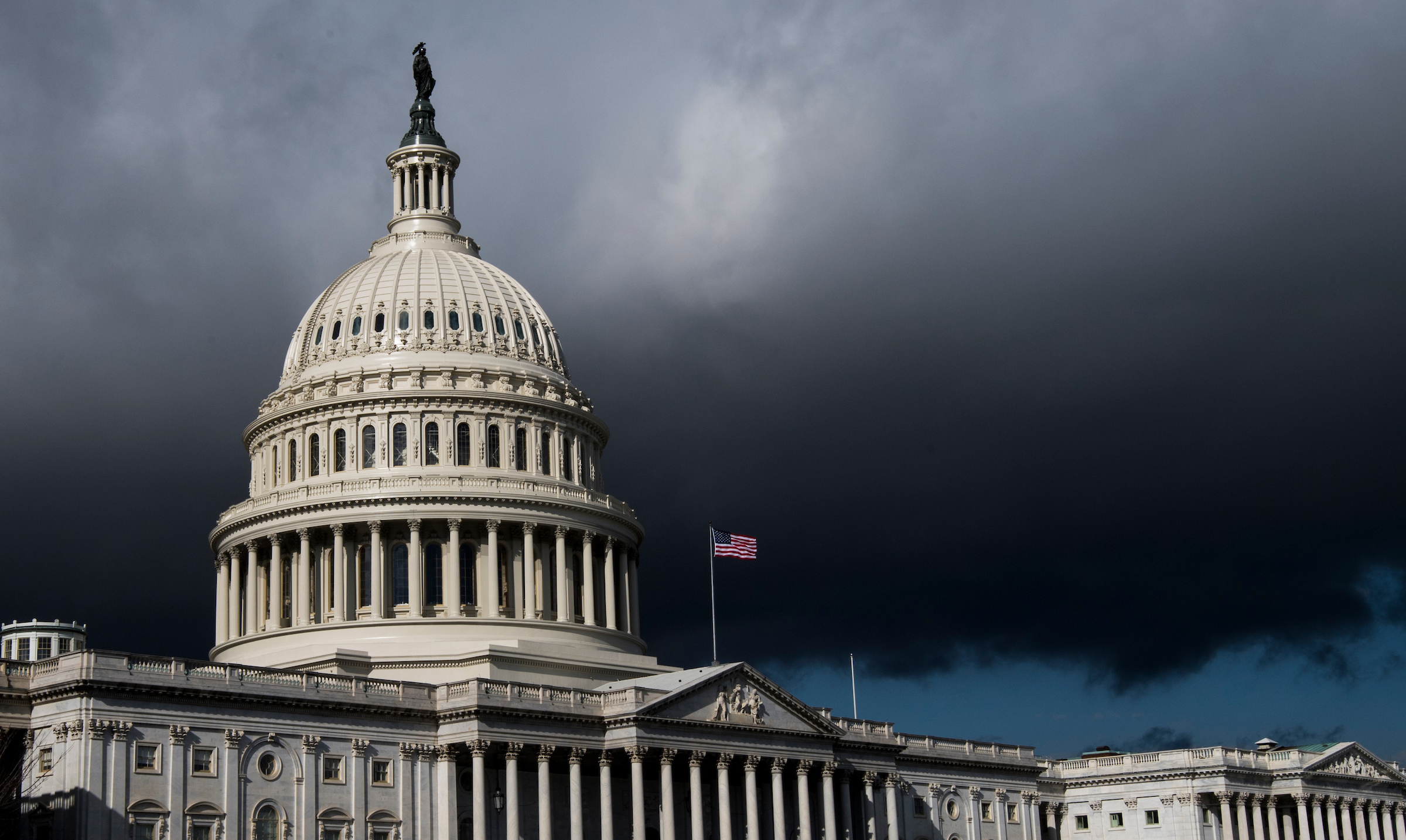Already a subscriber? Make sure to log into your account before viewing this content. You can access your account by hitting the “login” button on the top right corner. Still unable to see the content after signing in? Make sure your card on file is up-to-date.
The House Oversight Committee investigating the Justice Department’s handling of the Jeffrey Epstein sex trafficking case has withdrawn its subpoena to former FBI Director Robert Mueller due to his declining health.
Some shit you should know before you dig in: The name Robert Mueller may sound familiar…. he was the longtime director of the FBI from 2001 to 2013 and the special counsel who led the investigation into Russian interference in the 2016 US presidential election. During his 12-year tenure as FBI Director, Mueller oversaw the bureau during critical periods of national security and criminal investigation, including the years when Jeffrey Epstein was initially investigatedfor sex crimes. While it remains unclear how directly involved Mueller was in the Epstein case, the House Oversight Committee believed he may possess relevant knowledge about the FBI’s actions during that time, which is why he was subpoenaed as part of the committee’s ongoing inquiry into potential missteps or misconduct in the federal government’shandling of Epstein’s prosecution.

Getting into it: The Oversight Committee officially withdrew its subpoena to Mueller after learning of his inability to testify due to a diagnosis of Parkinson’s disease. He had been scheduled to appear for a deposition on September 2nd, but the committee reversed course after being informed that his health condition would prevent him from participating. A committee aide confirmed the decision, stating that Mueller’s physical limitations made it impossible for him to comply with the subpoena.
Mueller’s family provided a statement to The New York Times, revealing that he was diagnosed with Parkinson’s in the summer of 2021. They shared that he retired from practicing law later that year and spent the following two fall semesters teaching at his law school alma mater before stepping away from public life entirely in 2022. According to those close to him, Mueller has recently experienced significant speech and mobility challenges, symptoms that align with the progression of the disease.
This all comes as the House Oversight Committee ramps up its investigation into the government’s handling of the Jeffrey Epstein case by issuing subpoenas to a growing list of high-profile former officials. Among those targeted are former FBI Director James Comey; former President Bill Clinton and former Secretary of State Hillary Clinton; and several former attorneys general, including Merrick Garland, Eric Holder, Jeff Sessions, Alberto Gonzales, and William Barr.
Despite all of this, some have raised concerns that former US Attorney Alexander Acosta has not been subpoenaed, despite his central role in Epstein’s 2008 non-prosecution agreement. As the top federal prosecutor in Miami at the time, Acosta approved a controversial deal that allowed Epstein to avoid federal sex trafficking charges and serve a lenient 13-month sentence in a local jail, with extensive work-release privileges.
Notably, controversy surrounding Acosta has been growing over the years, after he allegedly said that Epstein “belonged to intelligence” and that the case was “above his pay grade,” suggesting that Epstein may have had ties to a foreign government.







